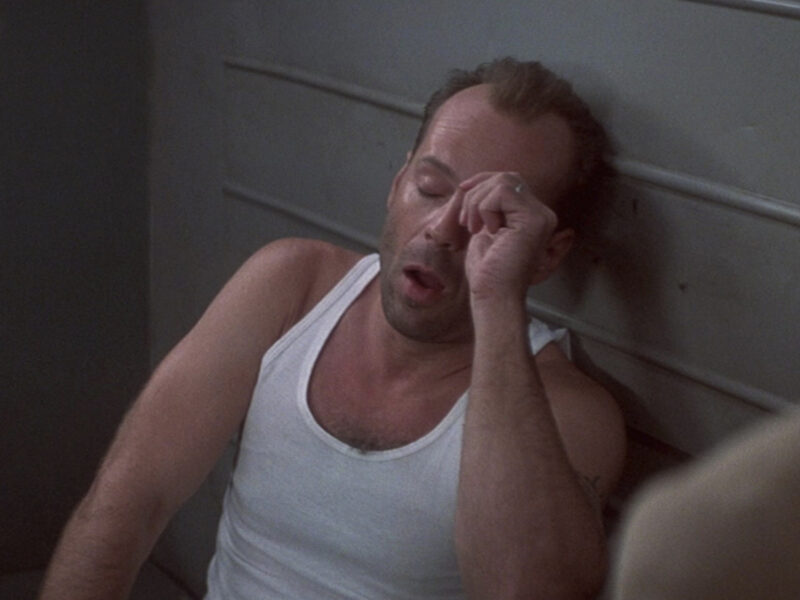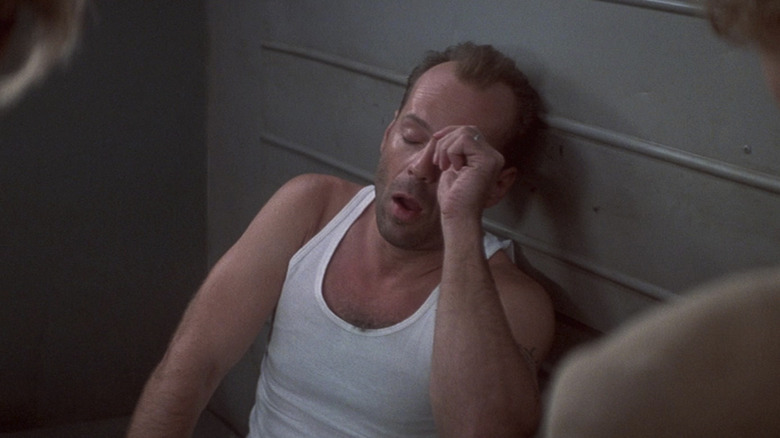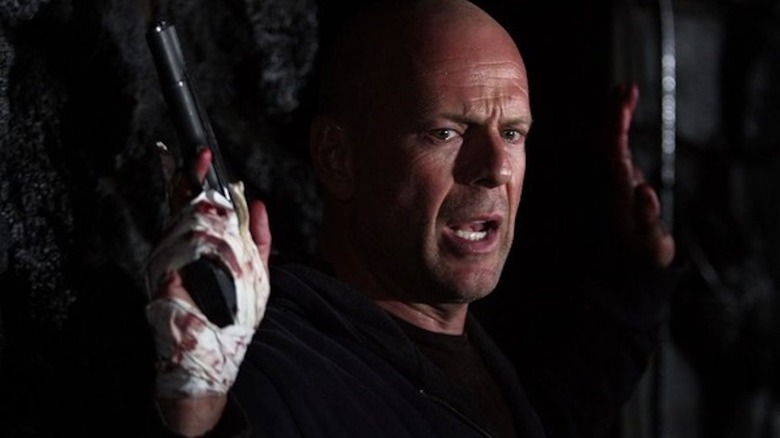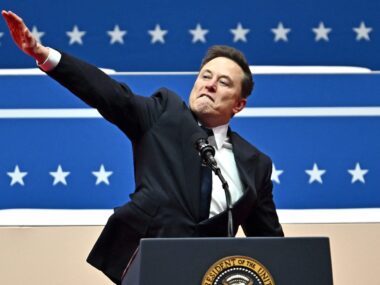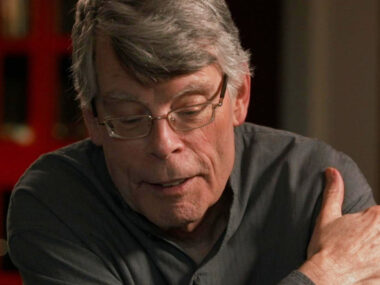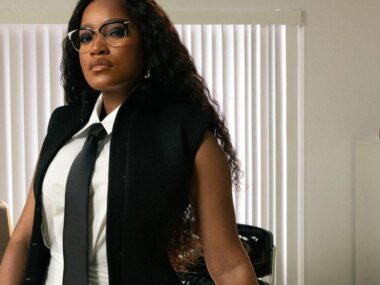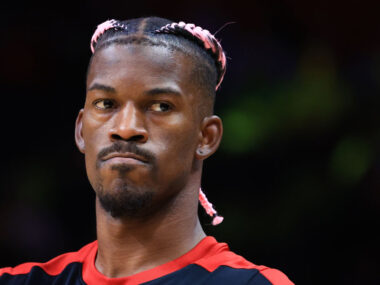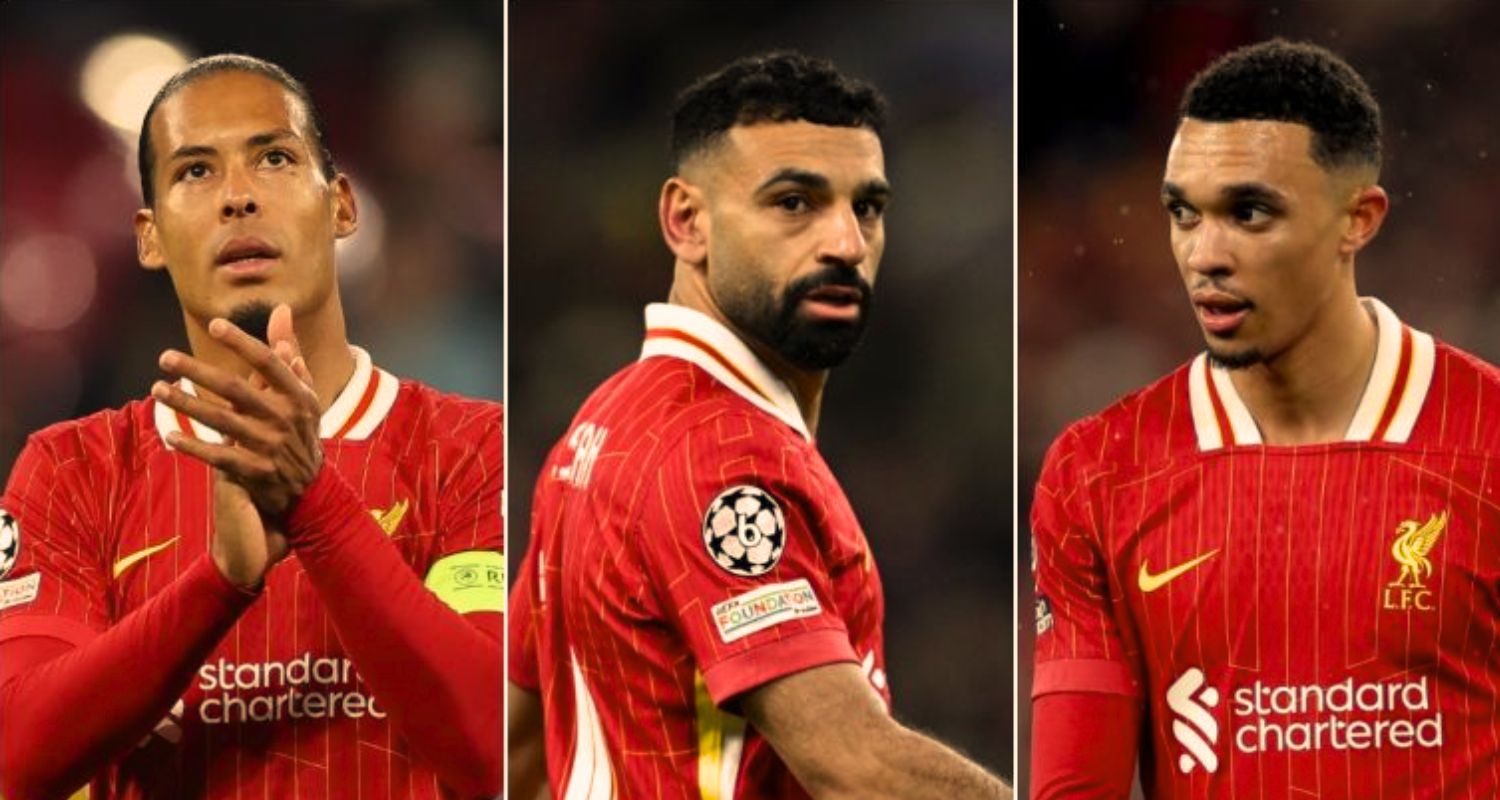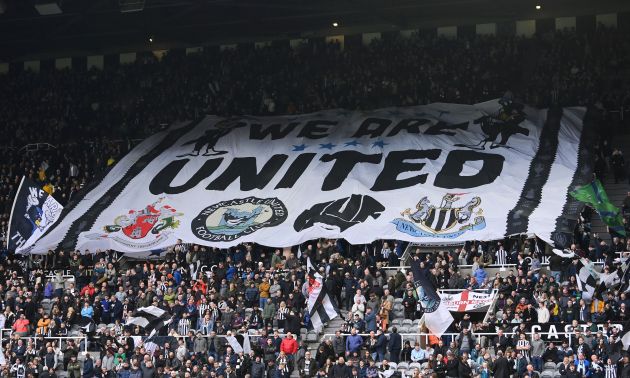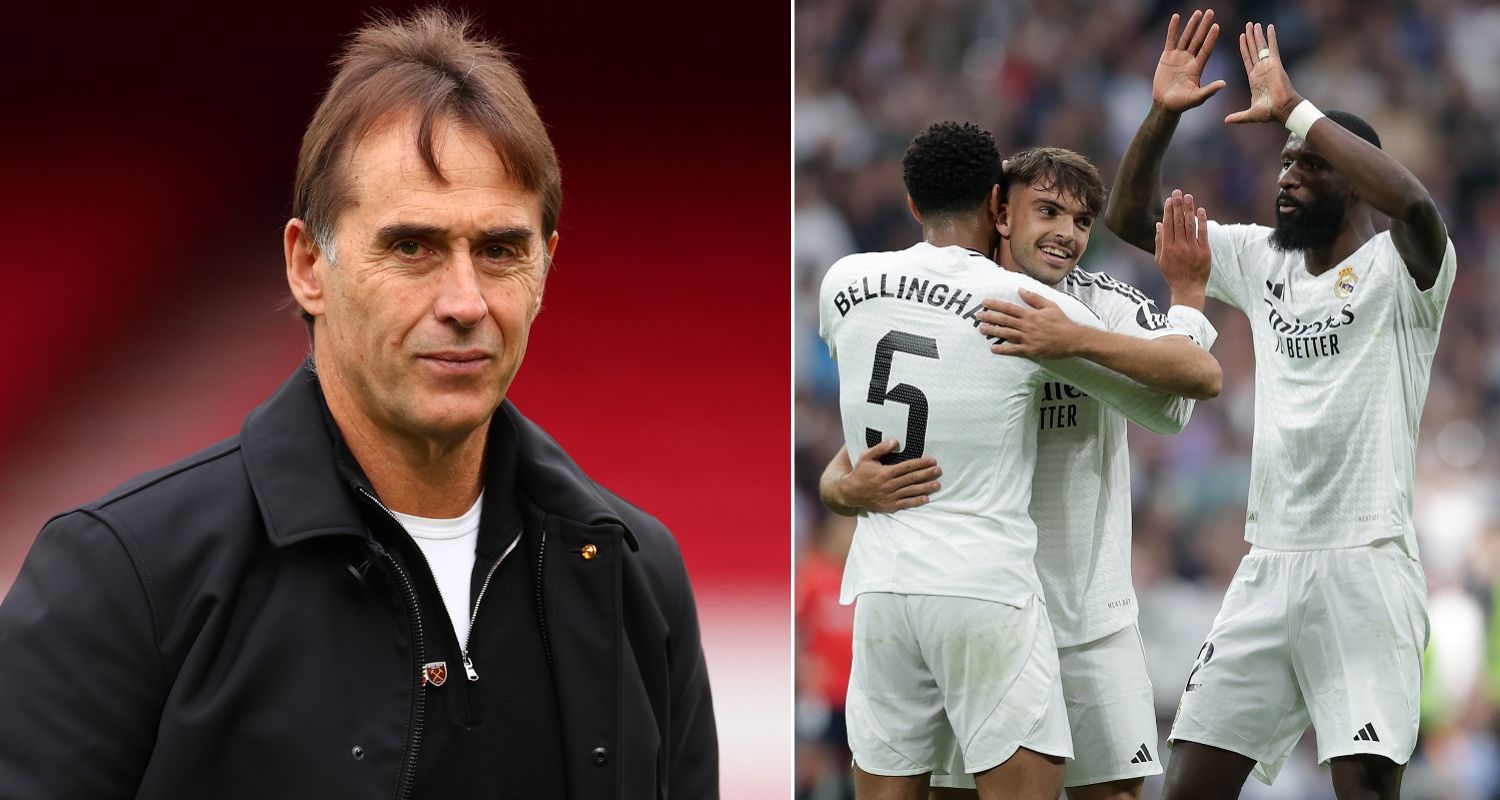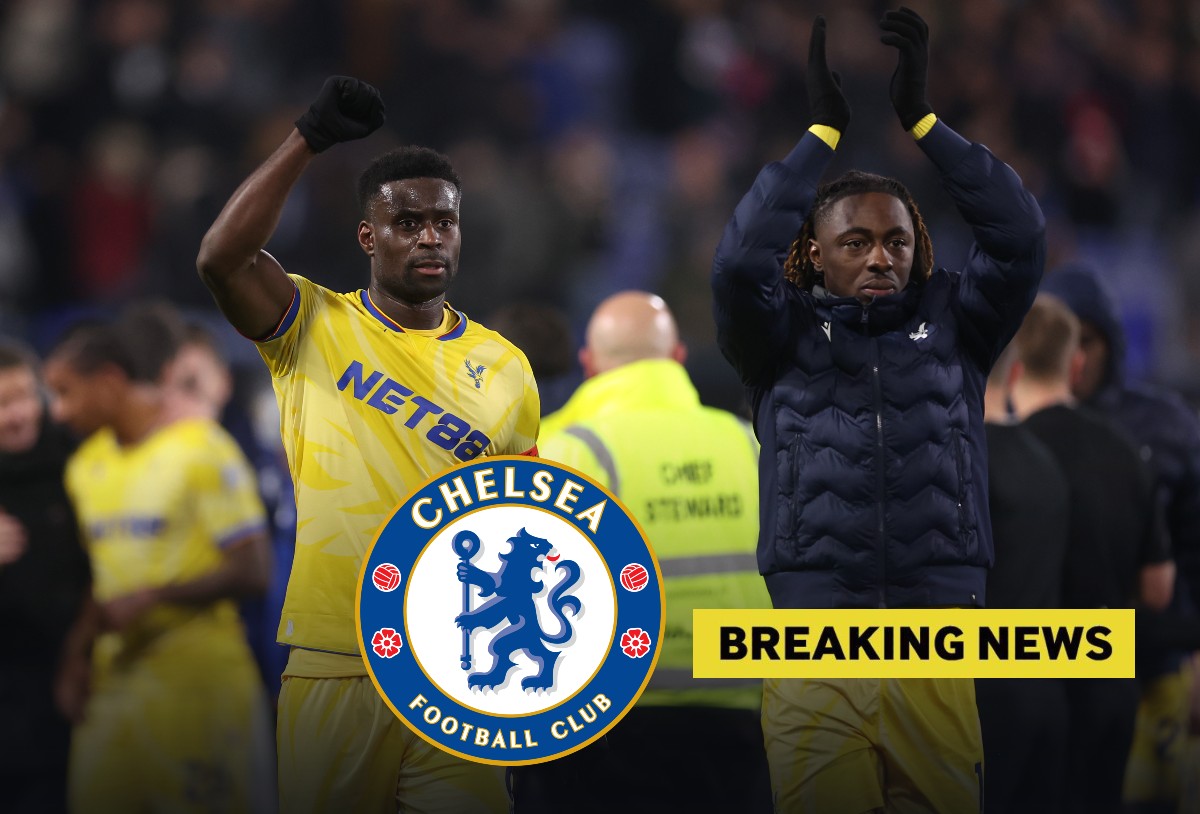When Bruce Willis became a TV star 40 years ago via the hit ABC sitcom “Moonlighting” no one in the entertainment industry thought he was ready to become the next great action movie hero. As the smart-ass private detective David Addison seemed poised to become a romantic comedy series in the old-fashioned Cary Grant vein, or at least a sane successor to Paul Newman. However, he didn't make guys like Sylvester Stallone or Arnold Schwarzenegger sound like beefcake. So when he ambushes then unimaginable $5 million payday to star in 'Die Hard' after nearly every star in Hollywood passed on the role of John McClane, it seemed like crap was in store.
Everything Willis did with “Die Hard” completely adjusted the industry's expectations for action movies. Instead of a muscular killing machine, he was an everyman cop who uses his mind as much as his guns to take down a group of heavily armed thieves. Moviegoers were fascinated by this new approach to action filmmaking, but the industry sought to replicate the form of Die Hard rather than its humanity. As clones like “Under Siege,” “Passenger 57” and “Speed” began to proliferate, Willis cheerfully returned to the two “Die Hard” sequels and, to appease his red-meat-craving fans, sought out crass and weird riffs on McClane's character. Some of them were great (“The Last Boy Scout”), and some were “Striking Distance”.
Eventually, after more than a decade of whistling bullets, Willis took a break from the genre. What made him temporarily turn his back on the movies that made him a movie star?
Bruce Willis liked John McClane
In a 2005 interview with the BBC With the release of Florent Siri's underrated The Hostage , Willis noted that the genre rehash that fueled his career was nothing more than the latest version of the stories writers have been spinning since the days of Homer. Per Willis:
“What we call action movies now is nothing but what they called cowboy and Indian movies, then they called them gangster movies, then they called them World War II movies and Korean War movies and For Vietnam movies and cops. It's all about good triumphing over evil. They told the same stories. That's what these movies are about. and when I made the first Die Hard and Mel Gibson made the first Lethal Weapon, we both created the templates for the modern version of good guys.
I understand Willis's overall point, but I get it no sure, let's say Vietnam war movies were about “good triumphing over evil”. Anyway, what kept him away from cinema for a while? “Over 15 to 20 years it was done so much … it was just ruined,” Willis said. “It was 'Die Hard on a plane,' 'Die Hard at the White House,' 'Die Hard at the deli,' 'Die Hard' everywhere! It just made me sick. I was sick running down the street with a gun in my hand says “NOOOO!””
While some saw “Hostage” as a return to action heroism for Willis, he rightly thought it was more of a psychological thriller. It has shades of “Die Hard” in that it's mostly set in one location (a house), but has little of the frivolity that goes along with the film's graphic violence. Unfortunately, when “Hostage” proved to be a commercial disappointment, Willis retreated to the safety of the “Die Hard” franchise and made two wildly inferior sequels. Then came the direct-to-DVD cheapos that were depressingly unworthy of Willis' talents. It is heartbreaking that his health is deteriorating has forced him into retirement, but his late-career work will be quickly forgotten, while his many triumphs will be treasured forever.
Source link

